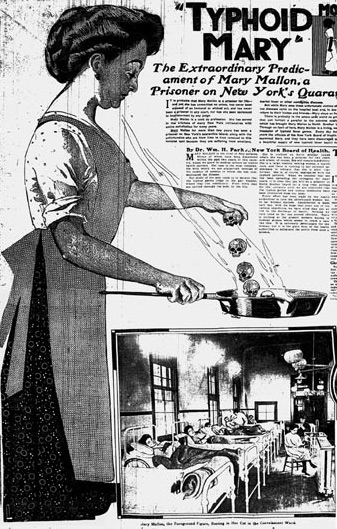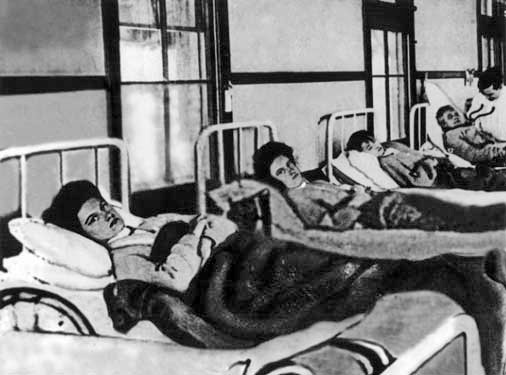Doctor concerned about her physician partner regarding pelvic exams
Q: I read your response to whether doctors ever get excited doing pelvic exams. I'm a doctor and so is my partner. Knowing that that's what my partner sees at work has made me unable to feel sexy when he looks at me at home. I feel like he's just examining me and that if he claims he is so grossed out by something at work, how can he come home and be turned on by the same body parts on me?
Plus, it just creeps me out to think that he's had his fingers inside someone else's vagina. I know it's “medical” but I find it hard to believe that just because a man puts on his “doctor” hat he stops being a man. I guess I don't worry so much about women because on average women are not as visual as men.
Our sex life has totally plummeted and the situation is putting a lot of strain on our relationship. Any advice would be greatly appreciated.

Answer by Kevin Pezzi, MD: Part of what makes a man a man is his affinity for female* anatomy—all parts of it. However, part of what makes a doctor a doctor is distancing himself from patients. Thus, what may be indescribably appealing at home can be antithetically so at work. In other words, what's yummy at home can be disgusting at work.
Patients may not like to hear that doctors find certain parts of their bodies disgusting, but germs and the diseases they cause (some of which are incurable) are not just disgusting, but put-on-three-pairs-of-gloves repulsive. When a physician performs a pelvic exam, he doesn't have a magical Star Trek-like scanner that flashes a green light if the patient harbors no transmissible diseases or a red light otherwise. Thus, the prudent assumption is to presume the worst, which is what universal precautions are all about. Now, with the doc assuming the woman is basically a Typhoid Mary, finding her appealing—especially some of the most infectious parts of her—is virtually impossible.

But you are something else. Your partner loves you and knows that you're disease-free, so his affinity for female flesh is allowed to run wild with passion, for you and you alone.
I asked a psychologist friend for a second opinion. She said that men are better at compartmentalizing: separating their work and home lives.
Compartmentalizing is something that restaurant and bakery workers must do. They see tasty food all day long, and to them it is just part of the frigging job, no more exciting than cars on an assembly line to an automobile enthusiast. Once he steps out of the factory and hops into his car, though, he figuratively gets into gear, just as the juices start flowing in restaurant and bakery workers once they sit down for a meal at home.
Your concern reminds me somewhat of how my opinion about chickens changed after I got some. Before, I thought their combs and wattles (the red fleshy parts on the top and bottom of their heads) were disgusting, as repulsive as worms (something that pegs my “yuck” meter). I also thought that chickens were stupid animals devoid of personalities—basically egg-laying machines.
However, after I brought them home, I quickly fell in love with them. They exhibit marked personality differences and surprising intelligence. I've noticed many parallels between chicken and human behavior, which I presented in a blog posting.
After my heart became attached to chickens, I lost my disgust for their combs and wattles. In fact, I like their softness, which I discovered while my chickens ate food in my hand.

* I phrased the first sentence of my response as I did because I was responding to a heterosexual woman; I was not trying to imply that homosexual men are any less masculine. I strongly feel that homosexuals should not be blamed for their sexual orientation; in fact, they should be accepted the same as everyone else. Incidentally, I felt just as strongly about that when I agreed with conservatives on almost everything.
Back to the main Question & Answer page
